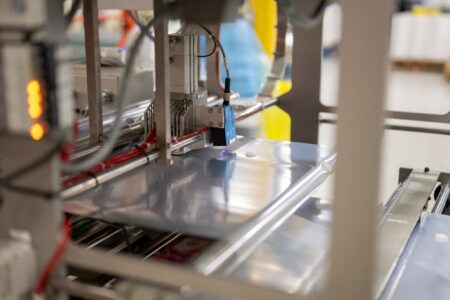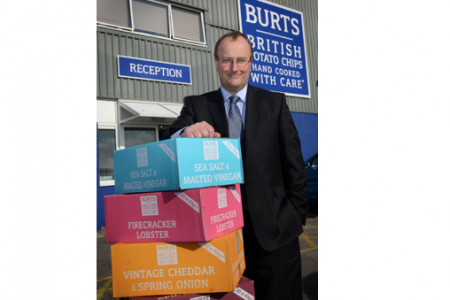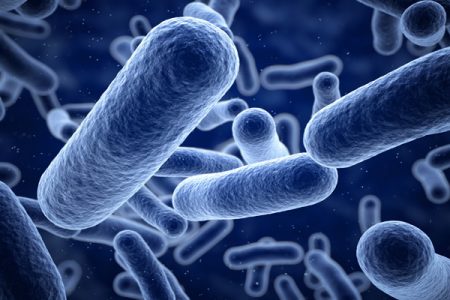Say cheese

Good Energy sources all of its electricity from in excess of 1,400 independent renewable generators across the UK, as well as its own wind and solar farms. Not only does this make for one fantastic renewable family, but it also means that Good Energy has got more than 1,000 stories to tell. One such story is about Wyke Farms, which not only makes award winning cheese, but also provides Good Energy with renewable electricity generated from organic waste, including the by-products of its own cheese making.
When and why did Wyke Farms and Good Energy first go into partnership?
Before we invested in the anaerobic digesters, we initially put some solar panels on the dairy, with any excess electricity being sold to Good Energy. Doing this also inspired me to install my own panels at home and choose Good Energy to administer my Feed-in Tariff payments.
We love working with Good Energy and we’re really proud that some of our power goes into the electricity they supply to households and businesses. Who would have thought that we could ever power our homes with cheese?
When and why did protecting the environment and sustainability become so important for you?
My brother always described himself as a closet environmentalist and we always wanted to do something different with our products here at Wyke, especially when it came to being more sustainable and protecting the planet.
When we looked at how you could be more environmentally friendly when manufacturing a product like cheese, we were actually really surprised at just how many possibilities there were. While a lot of businesses may say that becoming greener will cost you more, we’ve found the complete opposite. Challenging yourself to be efficient and reduce waste actually lowers your costs. And, as my grandparents always used to say: if you look after nature, nature looks after you. That’s the motto I still work to today.
Can you tell us a bit about why Wyke chose to generate renewable electricity through anaerobic digestion (AD)?
In the UK, food and farming is responsible for around 25 per cent of greenhouse gas emissions, so we wanted to do something to limit that as much as possible, which is why we turned to renewables.
Working in the renewable industry is all about using as many of your natural assets as you can. Farming produces a lot of natural assets, such as organic waste, which normally ends up being spread on the land, causing bad smells and releasing gases which can harm the environment. That’s why we were really keen to build anaerobic digesters on site, allowing us to not only use our own organic waste for good, but also to become a place for disposal of food waste from all around the Somerset, UK region. We’re almost like a scrapyard for organic waste.
While 90 per cent of the feedstock is lactose sugars, which come from cheese waste, we also take in silage, apple pomace and wheat that’s not fit for animal consumption. It’s an amazing technology. I’d really like to see AD plants, as well as solar panels, on farms all over the country.



